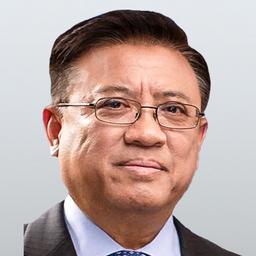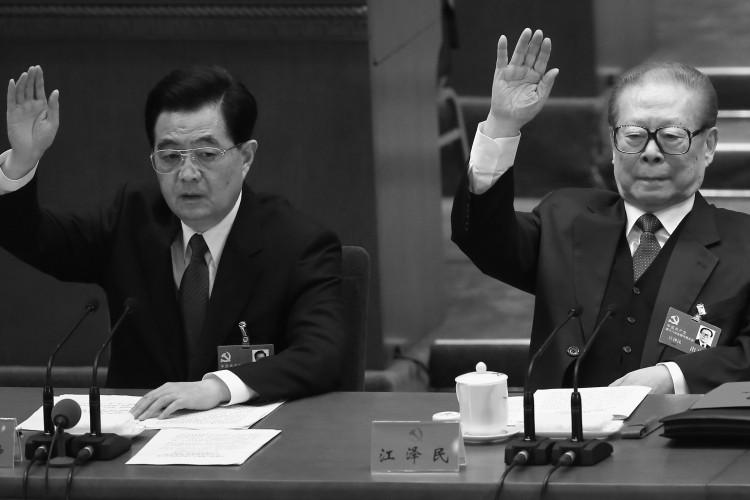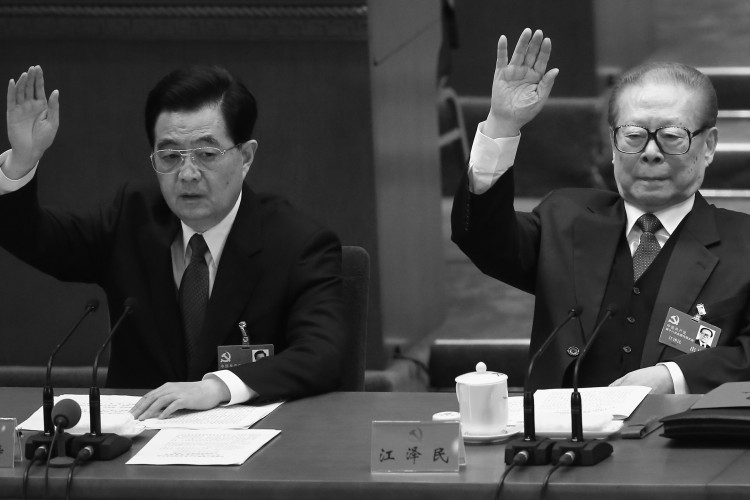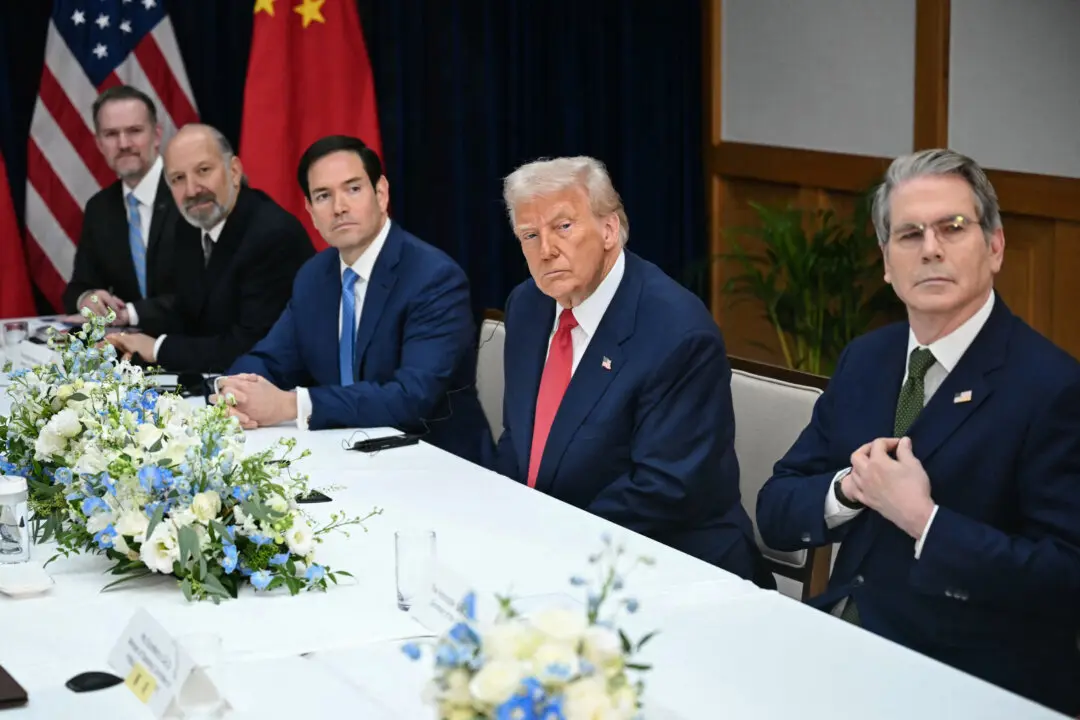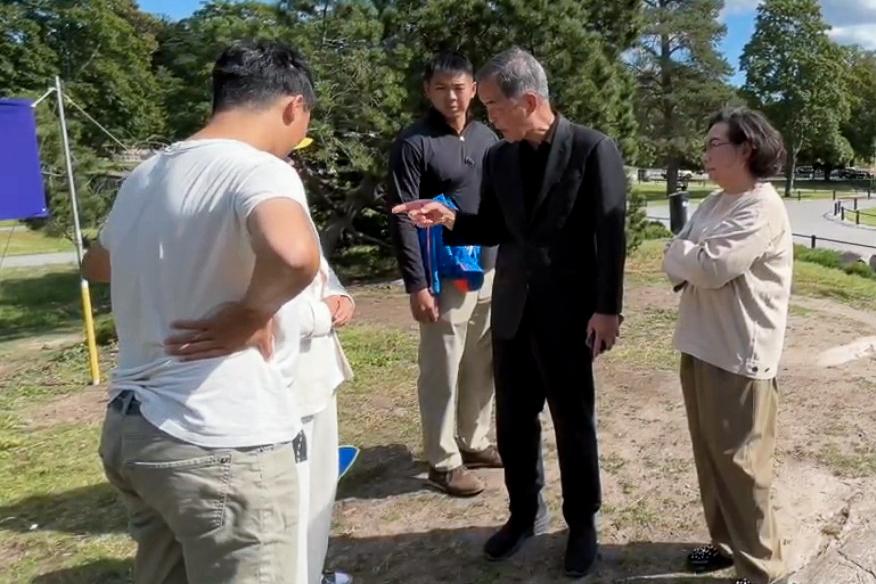The much-anticipated once-in-a-decade changeover in the leadership of the Chinese Communist Party (CCP) has taken place, and for two weeks now, we have had a steady stream of analysis of what it all means. Much of that analysis is based on misunderstandings and false hopes.
Before the 18th Party Congress, there was a rumor that then-Party head Hu Jintao would keep for two more years his position as chair of the Central Military Commission (CMC)—the head of the People Republic of China’s armed forces. Hu was said to be entitled to do so in accordance with the Party’s unwritten rules.
In fact, there is no such unwritten rule. Mao Zedong died with all his titles. Deng Xiaoping, even though he was the real boss, had never held the titles of general secretary of the Party or chairman of the state.

